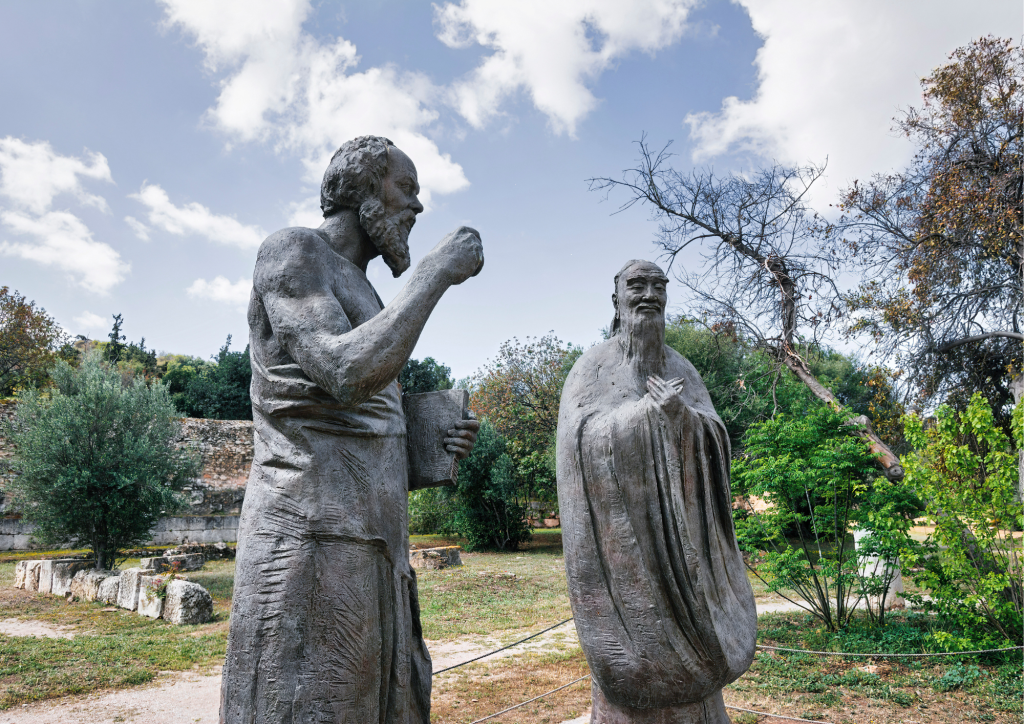
Published Date
April 5, 2024

Research Cluster
Culture, Religion and Long-Term Consequences

DOI
https://doi.org/10.1017/S0022050724000111

Publisher
The Journal of Economic History (Cambridge University Press)

Series
Print: The Journal of Economic History, Volume 84 , Issue 2 , June 2024

Copyright
2024






